25 December 2024
Love—it's a subject that fills countless songs, movies, and stories, but what if I told you that love is also a chemical reaction happening in your brain? Yep, you read that right. Falling in love might feel magical, but it’s deeply rooted in science. The fluttery feelings in your stomach, the heart-thumping excitement, and that overwhelming desire to be with someone are all being orchestrated by your brain’s chemistry.
In this article, we’re diving deep into the chemistry of love. We’ll explore how specific brain chemicals play a crucial role in attraction, bonding, and even long-term relationships. So, buckle up, because it’s about to get scientific—but don’t worry, I’ll keep it simple and fun!
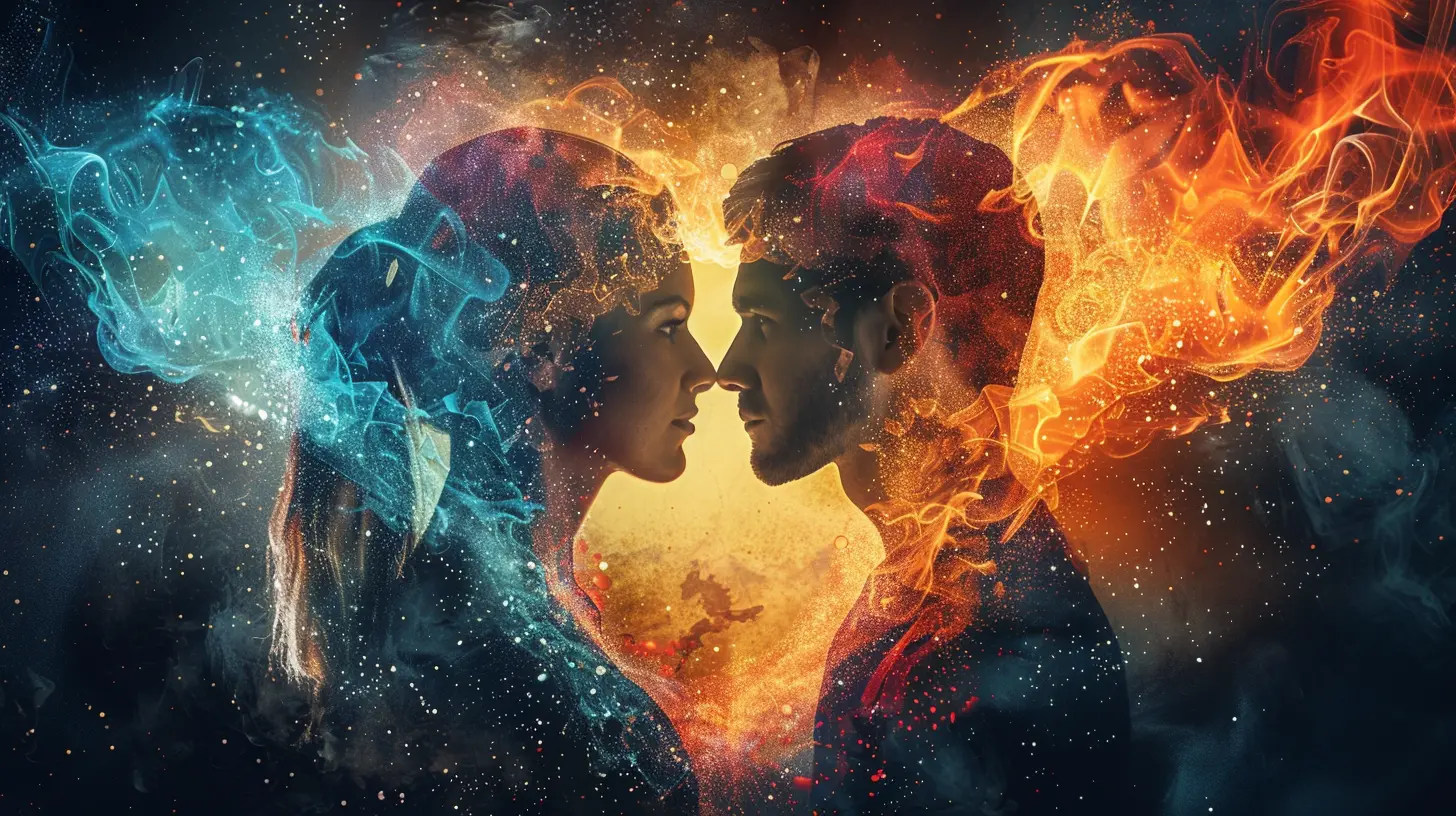
What is Love, Really?
Before we get into the nitty-gritty of brain chemicals, let's take a moment to ask the big question: What is love?Love is a complex mix of emotions, behaviors, and experiences. It’s not just one thing but a combination of several types of love—passionate love, companionate love, and everything in between. But underneath all these emotions, love is driven by biology. Our brains are wired to feel attraction and form bonds because, from an evolutionary perspective, pairing up increases our chances of survival and reproduction.
In simpler terms: love is nature’s way of making sure we don’t end up alone!
Now, let's break down how the chemistry in your brain makes all of this happen.
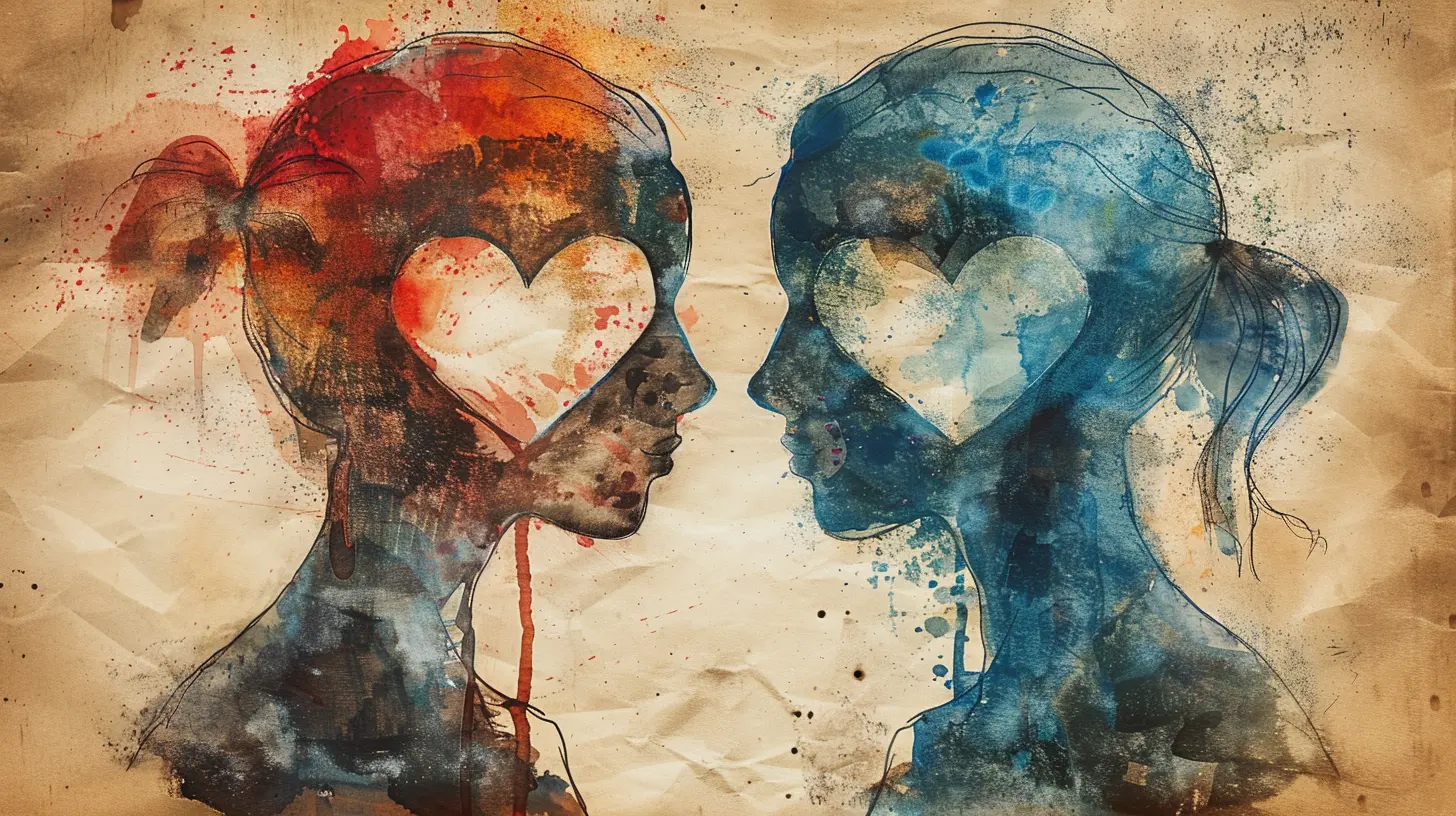
Meet the Key Players: Brain Chemicals That Drive Love
Love is like a symphony, and every symphony needs its musicians. In the case of love, the “musicians” are brain chemicals, also known as neurotransmitters and hormones. These chemicals fire off in your brain, creating the wonderful (and sometimes overwhelming) feelings associated with love and attraction. Let’s meet the stars of the show:1. Dopamine: The Reward Chemical
Dopamine is often referred to as the "feel-good" chemical, and it's one of the most important players in the chemistry of love. This neurotransmitter is released when you experience something pleasurable—whether it's enjoying a delicious meal or locking eyes with someone you're attracted to.When you're falling in love, dopamine levels skyrocket. That’s why new love feels so exhilarating. It’s like your brain is giving you a hit of a natural high every time you think about or interact with the person you're attracted to.
But here’s the catch: dopamine isn’t just about love. It also plays a role in addiction. That’s why falling in love can feel a little... well, obsessive. You crave your partner’s attention and affection in the same way that someone might crave sugar or caffeine.
Simply put, dopamine keeps you coming back for more.
2. Oxytocin: The Bonding Chemical
Oxytocin is often called the “love hormone” or the “cuddle hormone,” and for good reason. This powerful chemical is released during intimate moments, such as hugging, kissing, or even just holding hands. It’s also released during childbirth and breastfeeding, helping to create a deep bond between mother and child.In romantic relationships, oxytocin plays a key role in bonding. It helps strengthen the emotional connection between you and your partner, making you feel closer and more attached over time. While dopamine might be responsible for that initial spark, oxytocin is what helps turn that spark into a long-lasting flame.
3. Serotonin: The Mood Stabilizer
When you're in love, serotonin levels can become a bit unpredictable. Serotonin is the neurotransmitter responsible for regulating your mood, sleep, and appetite. In the early stages of love, serotonin levels often drop, which can sometimes lead to feelings of anxiety or obsession over your new partner.Ever notice how people in the early stages of a relationship tend to overanalyze every text message, every glance, every word? That’s serotonin at work. The lower levels can make you feel like your emotions are a bit all over the place, but don't worry, this usually stabilizes as the relationship progresses.
4. Norepinephrine: The Excitement Boost
If you’ve ever felt your heart race when you see someone you’re attracted to, you can thank norepinephrine for that. This chemical triggers the body’s fight-or-flight response, which can make you feel jittery, excited, and even a little nervous around your love interest.Norepinephrine works alongside dopamine to create that euphoric feeling when you're falling in love. Your brain is essentially on high alert, and everything feels more intense—your heart beats faster, your palms sweat, and you might even lose your appetite.
It’s like your brain is saying: “Hey, pay attention! This is important!”
5. Endorphins: The Feel-Good Chemicals
Endorphins are your brain’s natural painkillers, and they also play a role in love. While dopamine and norepinephrine are responsible for the excitement and thrill of new love, endorphins help create feelings of comfort, safety, and well-being in long-term relationships.Ever felt that warm, fuzzy feeling when you’re just relaxing with your partner? That’s endorphins at work. They help keep you calm and content, making love feel like a safe harbor after the stormy seas of early attraction.
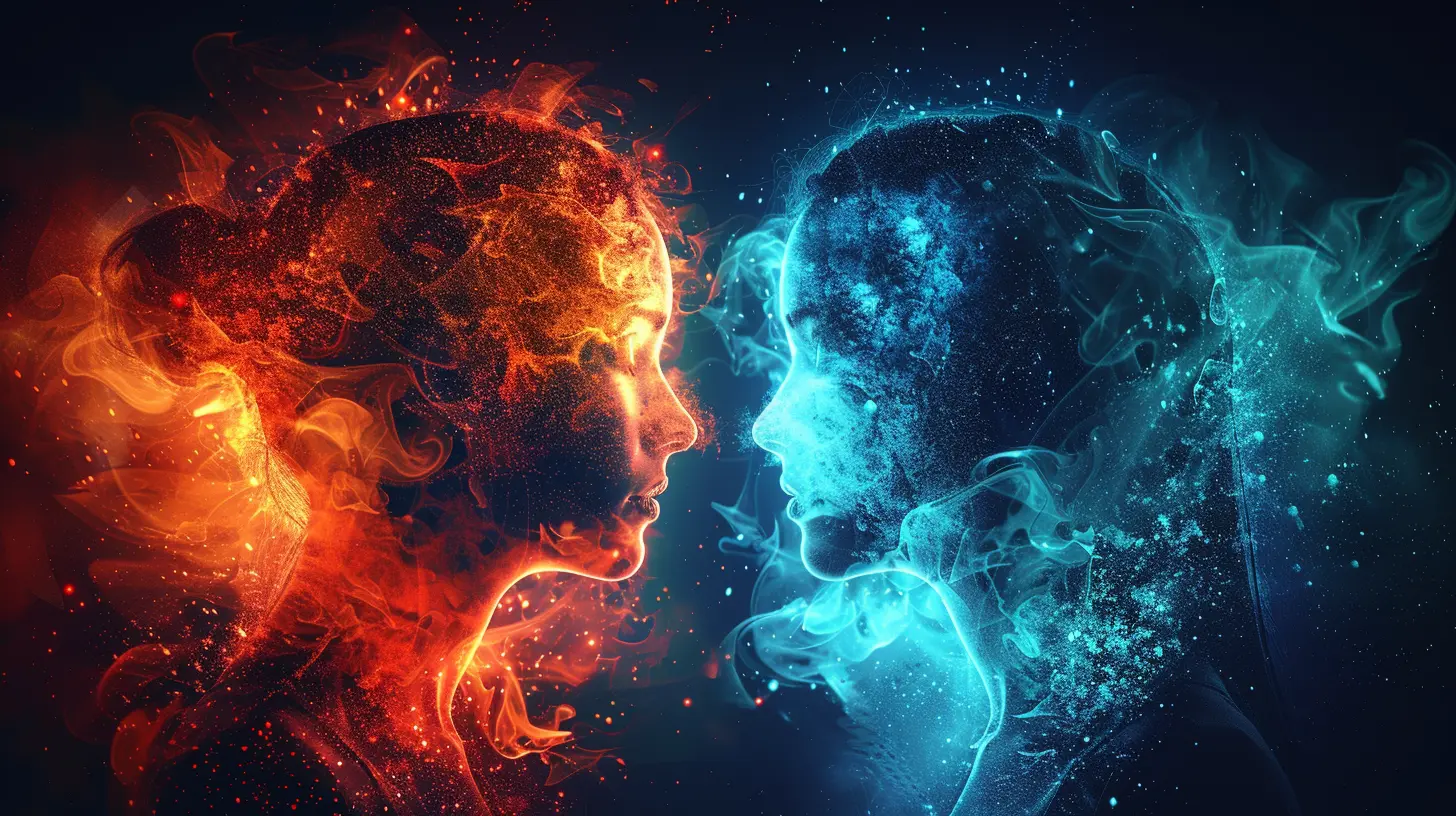
The Three Stages of Love: A Chemical Rollercoaster
Now that we’ve introduced the key players, let’s talk about how these chemicals work together in the different stages of love. Yes, love can actually be broken down into three distinct stages—each with its own unique chemical cocktail.1. Lust: The Initial Attraction
Lust is all about physical attraction, and it’s driven by hormones like testosterone and estrogen. These hormones boost your sex drive, making you more likely to seek out a potential partner. In this stage, dopamine and norepinephrine also start to kick in, giving you that rush of excitement and energy when you're around someone you're attracted to.This stage is mostly physical, and it doesn’t necessarily involve deep emotional attachment. It’s your brain’s way of getting you to pay attention to potential mates.
2. Attraction: The Honeymoon Phase
This is where things start to get exciting. The attraction stage—also known as the honeymoon phase—is when you start to fall head over heels for someone. During this time, dopamine levels surge, making you feel incredibly euphoric. You might feel like you can’t stop thinking about your partner, and everything they do seems absolutely perfect.Serotonin levels often drop during this stage, which can lead to feelings of obsession. You’re constantly thinking about your partner, wondering what they’re doing, and when you’ll see them next. It’s an intense, all-consuming feeling, but it’s also a lot of fun.
3. Attachment: The Long-Term Bond
The final stage of love is attachment, and this is where oxytocin and endorphins really shine. In long-term relationships, these chemicals help create a deep emotional bond between partners. You feel safe, secure, and comfortable with your partner, and the relationship becomes less about excitement and more about companionship.While the initial thrill of attraction might fade, attachment brings its own rewards—like emotional intimacy, trust, and a sense of deep connection.
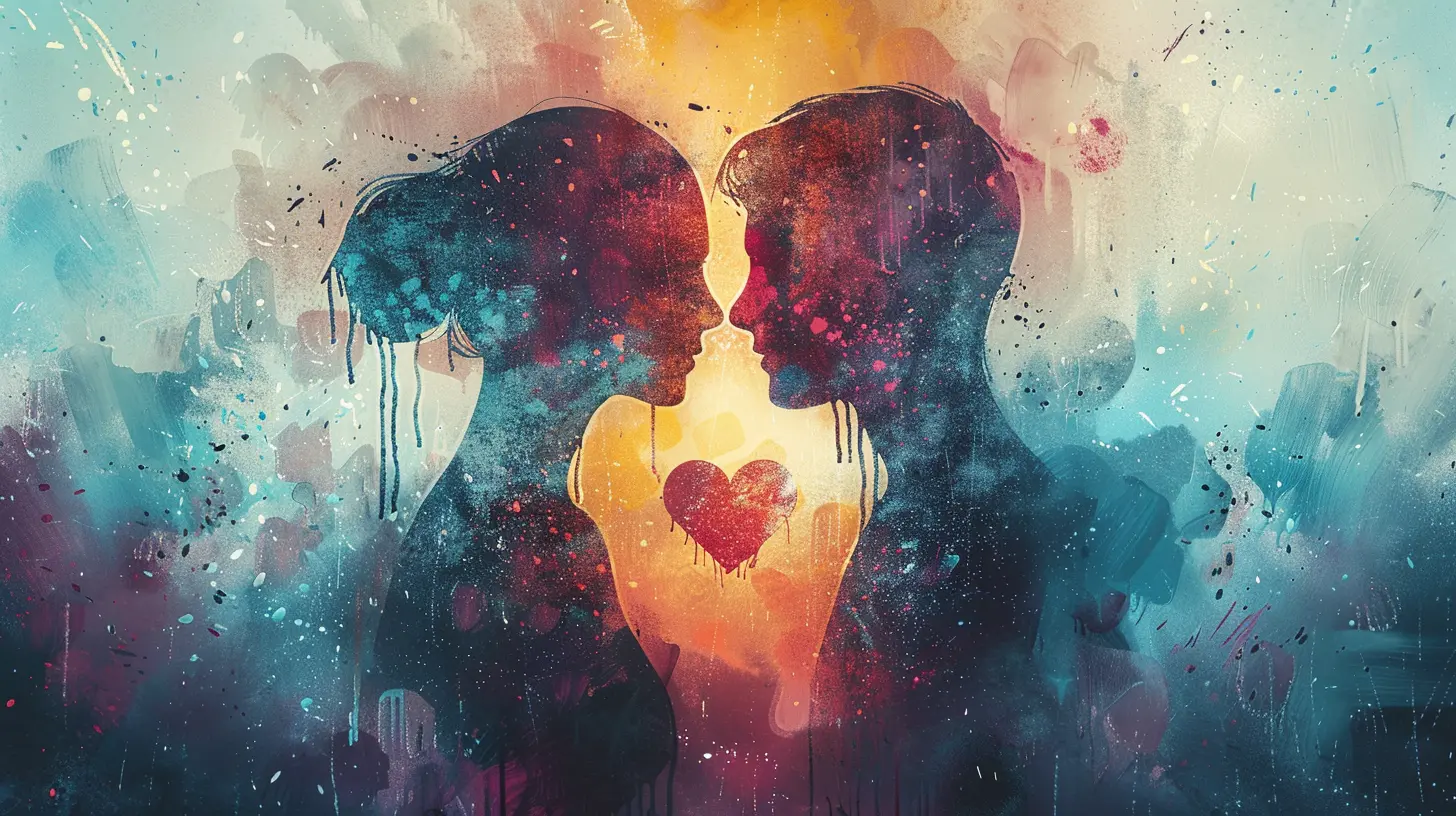
The Role of Pheromones: Do They Really Influence Attraction?
You’ve probably heard about pheromones and how they supposedly influence attraction, but what’s the real deal?Pheromones are chemicals that animals (including humans) release to communicate with others of the same species. In animals, pheromones play a significant role in mating behavior, but in humans, the science is a bit murkier. Some studies suggest that pheromones might play a role in attraction, while others have found little to no evidence supporting this idea.
The bottom line? While pheromones might have some influence on attraction, they’re not the main players. The brain chemicals we’ve discussed—dopamine, oxytocin, serotonin, norepinephrine, and endorphins—have a much more significant impact on how we experience love and attraction.
Can You Hack the Chemistry of Love?
Now, you might be wondering: Can you hack your brain chemistry to make someone fall in love with you? The short answer? Not really.While certain behaviors—like physical touch, spending time together, and sharing new experiences—can help boost oxytocin and dopamine levels, there’s no magic formula for love. At the end of the day, love is a complex mix of biology, psychology, and personal chemistry. You can’t force it, but when it happens naturally, it’s a beautiful thing.
Why Understanding the Chemistry of Love Matters
So, why should you care about the chemistry of love? Well, understanding how your brain works in relationships can help you make sense of your emotions. It can also offer insights into why you might feel intense attraction in the beginning but experience a more stable, comfortable connection later on.By understanding the role that brain chemicals play in love, you can also be more mindful of how you approach relationships. For example, knowing that dopamine levels tend to drop after the honeymoon phase can help you be more realistic about the ups and downs of long-term relationships.
In short, love may be a chemical reaction, but that doesn’t make it any less magical.


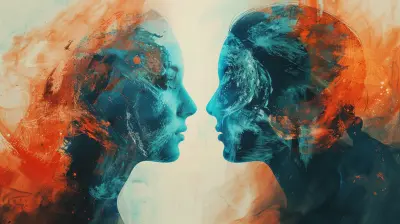

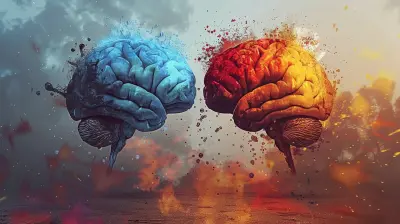
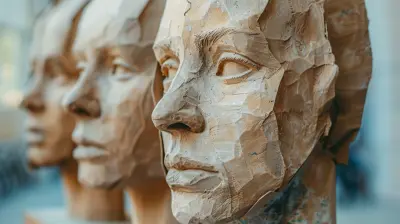
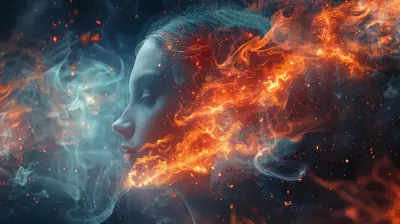
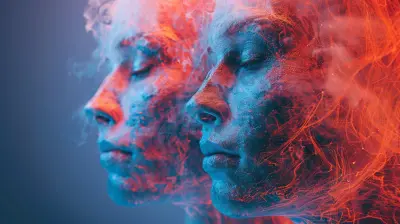



Odessa Mullen
This article effectively highlights the intricate relationship between brain chemistry and attraction, emphasizing how neurotransmitters like dopamine and oxytocin shape our emotional connections. It provokes deeper thought on the biological versus emotional aspects of love in human relationships.
February 6, 2025 at 4:11 AM